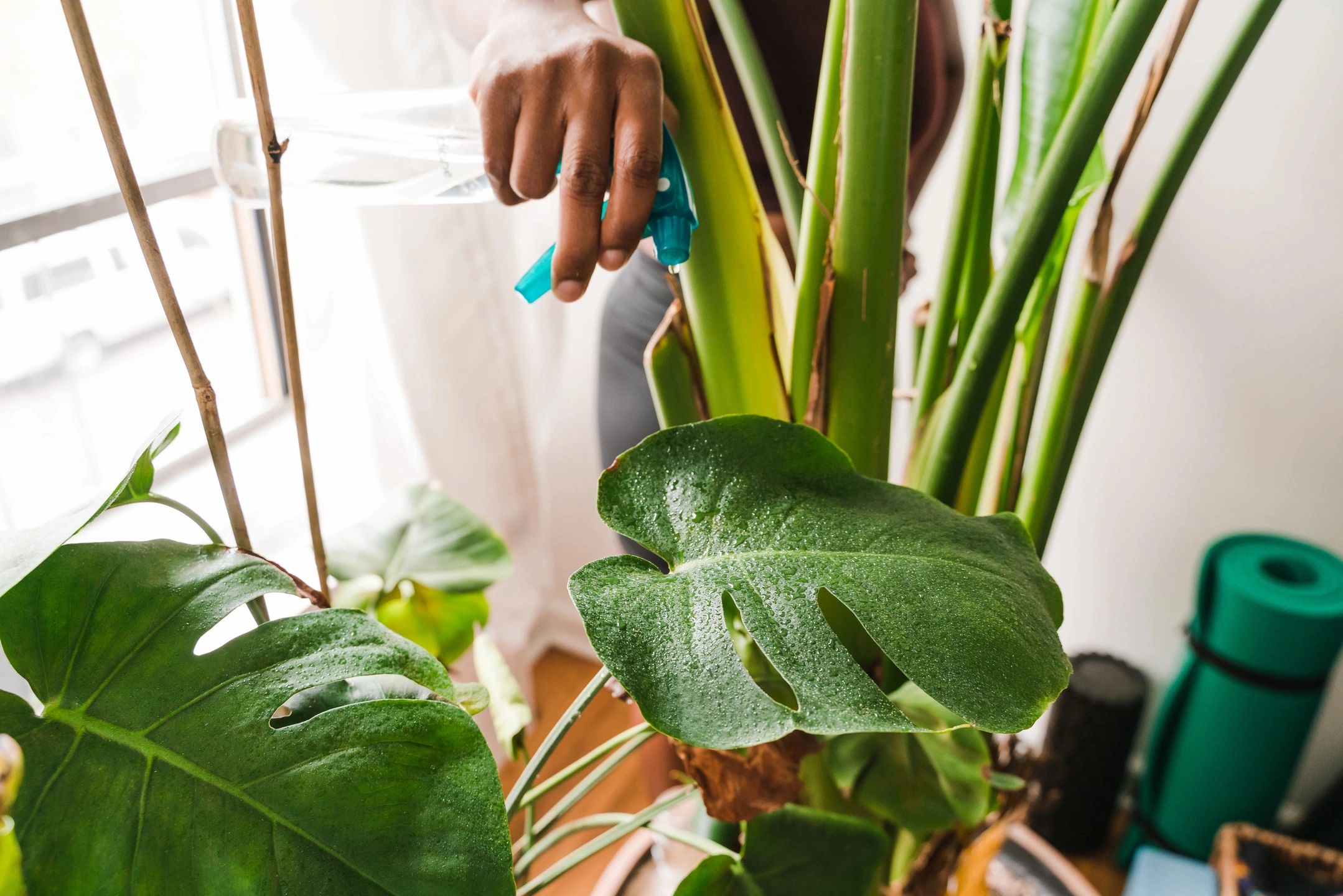Benefits and Drawbacks of Having Plants in Your Home

When you find yourself staying home for most days, your attention will be drawn to your interior aesthetics. And, thanks to Pinterest, Instagram and blogs, you will suddenly have the urge to redecorate, renovate and refurbish aside from just keeping your home all organized and clean. Usually, as part of elevating the overall design of your home interiors, you try to spruce up your space with plants.
Plants can indeed add an element of greenery and nature inside your home. But did you know that there are more benefits in having indoor plants than you probably would have known?
Read on to know some benefits that can make you want to take home the first indoor plant that you can lay your hands on.
The Benefits or the Pros of Indoor Plants
Bringing nature inside your home is one benefit of sprucing up your interiors with plants. There are however, more benefits with some being supported with scientific studies and research.
Filter the air
Plants are known to filter and remove the harmful Volatile Organic Compounds or VOCs in the air. The common VOCs found in indoor air are benzene, formaldehyde, methylene chloride and others. You might wonder why these VOCs are present inside your home and negatively affect the indoor air quality. The VOCs are emitted from common sources in your home – paint, carpet, air fresheners, cosmetics, fuel, cooking, smoking and many others.
There are plants that are known to be the most effective in filtering the air. These are some of them:
- Snake plant
- Spider plant
- ZZ plant
- Boston Fern
Help you sleep well at night
We all know that plants turn carbon dioxide to oxygen during daytime and release carbon dioxide during night time. So, how can one sleep well at night then, you might ask.
There are plants that can produce oxygen even at night. Having them in your home or in your bedroom, more specifically, can help improve oxygen levels and help you sleep well at night.
The Aloe Vera plant is said to produce lots of oxygen at night that having them in your bedroom will help you to sleep better. Not only that, it also is the perfect natural skin care agent. More benefits than one.
Increase humidity
Have you ever heard of the process called transpiration? It’s a bit scientific but to put it simply, it is when plants release excess water and lose them as it evaporates. This process increases the humidity in the air especially when the air is dry. Increased humidity levels can keep you from catching cough and colds and other respiratory ailments.
Alleviate stress
Studies in psychology shows that the color green has a calming effect on people. It evokes nature and peace and thus relaxes those who see greenery. When you have a stressful day at work or the environment you’ve been in is toxic, the greenery in your home can help calm you down.
The Drawbacks or Cons of Indoor Plants
Like any other thing, sprucing up your home is not without any drawback. While the benefits mentioned were just some of the many, there are drawbacks that you also need to consider.
Can bring in gnats and other plant bugs
Plant bugs such as gnats can be brought in along with the plants or could have developed because of the plants. Before bringing in the plants, you have to see to it that it is free from bugs. There could be rotten roots and damaged leaves that can be a breeding ground for bugs. Check on your plants, wipe down their leaves and check the soil too.
Some are toxic to pets
There are plants that while they bring comfort to you, they can be very dangerous to your pets. If you are keeping pets at home, you might want to think twice before making your home an indoor garden. These are plants that can be harmful to your pets:
- Elephant Ear
- Pothos
- ZZ plant
- Dumb Cane
- Jade Plant
It can be hard work
Plants can be like babies or children that need thorough care. Some you need to water and let out in the sun for a number of hours a day. If you don’t want to put in the work, then don’t have plants that would require too much.
Look for low-maintenance indoor plants that would be perfect for first-time plant parents or for those who don’t have the luxury of too much time. You can start with the popular Snake Plant. It doesn’t need too much water and can even go on for weeks
Can cause allergies
If you intend to put flowering plants indoors, be careful of its pollen. Someone’s asthma can get triggered. But it’s not only flowering plants that can be a source of allergens. Plants that need frequent watering can be the perfect place for molds to develop. Molds can also trigger your allergies. Choose plants that don’t need to get watered so often.
Spruce up the best way
Now that you know some of the benefits and drawbacks of having plants in your home, you can plan out how you want to elevate your home interiors with plants. The best way to do it would be talk to the whole family. Let them in on the whole process to know what they think.
